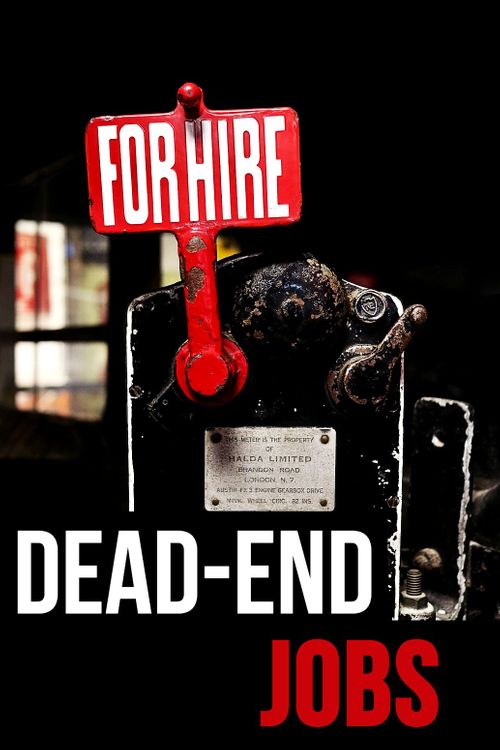Why do people stay in jobs that make them unhappy?
Oct 22, 2020 · 2 mins read
0
Share
Something that surprised me when I became a career consultant is that job dissatisfaction doesn’t necessarily lead to turnover. People will often stay in jobs that make them miserable.
Save
Share
There are four standard responses to dissatisfaction. Exit: you simply leave the role or the organization. Voice: you share your feelings and seek to resolve the issue. Loyalty: you stay in the role out of blind commitment. Neglect: you stay silent and withdraw engagement.
Save
Share
Why would someone stay in a bad situation? Well, there are also three types of commitment. The first is continuous commitment: where you stay in your job out of a sense of obligation or loyalty, particularly if the company has done something for you – like cover educational costs.
Save
Share
Normative commitment is when you stay out of fear, e.g. you’re afraid that you won’t get the same salary or that the people won’t be as nice elsewhere.
Save
Share
Affective commitment relates to your emotional connection to an organization. This isn’t always rational, but it’s a powerful factor. A strong affective commitment is ideal for all involved.
Save
Share
Everyone has three basic needs at work: autonomy, relatedness (the strength of your relationships), and competence. If they’re not being met, you won’t be satisfied.
Save
Share
For those who do end up leaving their jobs, there’s usually a recognizable compatibility issue – the fit isn’t quite right. But not everyone can recognize the type of fit issue they have.
Save
Share
Demands-abilities is the kind of fit you see addressed in any job listing (e.g. “two years’ experience required”). It’s about suitability based on individual skills. This isn’t a huge cause of job satisfaction because you can always get more training and learn new skills.
Save
Share
Values congruence means that you share the same values as the organization you work for. This is about the behaviors you can see (rather than the values quoted on walls or in email signatures) and whether they’re in line with your personal expectations.
Save
Share
Finally, the needs-supplies fit is about whether your own needs are being met by the organization. This is the number one factor that drives work satisfaction. The sooner you can identify your personal needs and how they can be met, the less likely you are to feel stuck..
Save
Share
0
